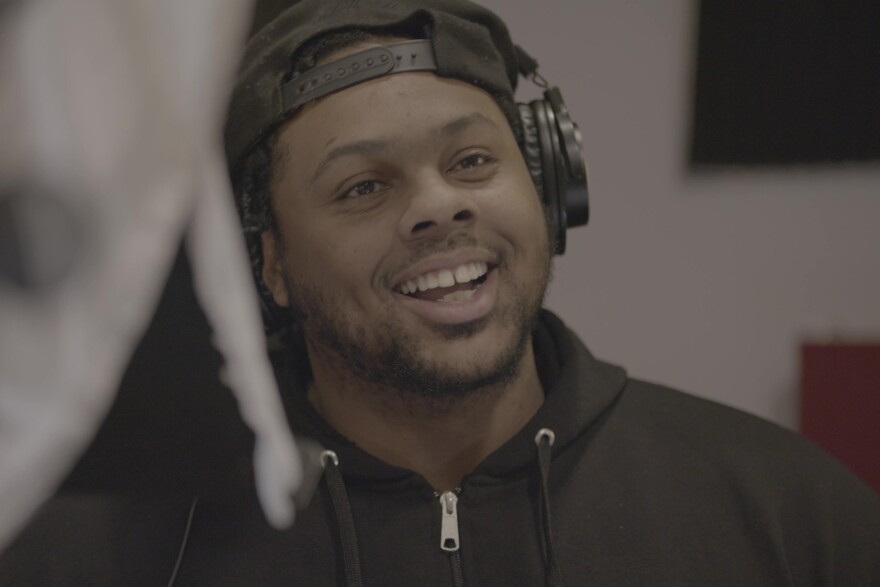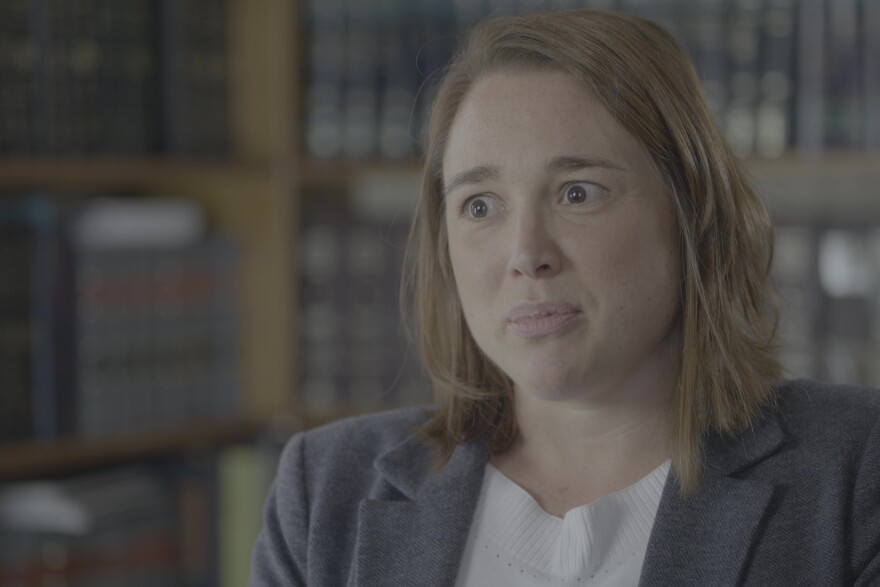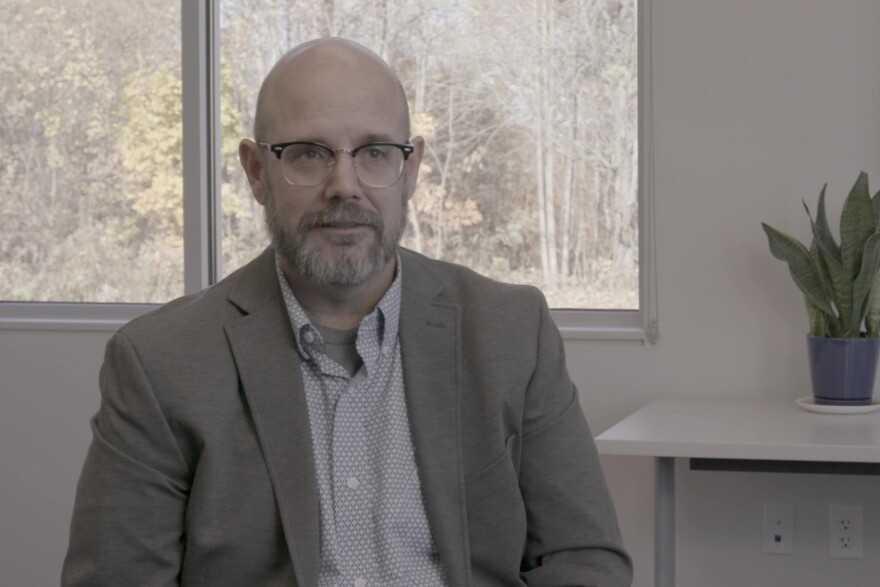Jylil Smith thought he had paid his debt to society. But when he got out of prison and started looking for someplace to live, he felt like the punishment was just beginning.
“It was bad,” he said. “I knew that this felony was going to make things harder for me, but I thought that if I rearranged my life and I reconstructed the fabric of who I am, things would be a little easier for me.”
Smith struggled to find a place to live and a landlord who would give him and his family a second chance. He understood that his prison record was a liability, but he also began to wonder: Where’s redemption?
“It’s scary not knowing what’s about to happen with three kids,” he said. “It got so real that we talked about divorce, both of us.” The couple reasoned that his wife could get an apartment for her and her son more easily if she was apart from Smith and his two children. “Just trying to find housing, we almost had to separate as a family,” Smith added.

While Smith’s circumstances are not typical of many families, he still faced a stiff challenge: Virginia has a shortage of at least 200,000 affordable housing units. Not only is inventory short, but housing is increasingly expensive. And the solutions are not simple.
“I don’t think that people realize how quickly things would go downhill if they did lose their job or if they couldn’t work and had to rely on their retirement before they were ready to,” said Elizabeth Coltrane, a staff attorney at Blue Ridge Legal Services in Harrisonburg. “That’s usually where the cycle starts. Something just happens — and then you can’t recover.”

Homelessness can be a vicious cycle. “If you don’t have housing, it’s hard to get a job, because you don’t have an address, you don’t have a place to take a shower, or get dressed, or keep your stuff,” said Coltrane. “It affects every aspect of your life.”
One in seven Virginians is paying over 50% of their income in housing, said Darryl Neher, former CEO of Fauquier County Habitat for Humanity. Landlords consistently bump up the rent and then, “all of a sudden, you realize, ‘I can’t afford to live here anymore.’”
In 2020, a group of Habitat for Humanity affiliates in Virginia were struggling to acquire homes they could renovate at an affordable price, said Amelie Rives of HDAdvisors, an affordable housing consultant in Richmond. They began to explore the creation of a community land trust as a tool to serve more families.
A community land trust is a strategy to keep housing permanently affordable, Neher explained. The underlying land the home is built on is subject to a 99-year land lease. The lease renews every time another transaction takes place, and that results in shared equity between the land trust and the homeowner.

Because the trust holds the land in perpetuity, it protects the site from speculators and keeps the home more affordable as time goes on. Overall, the land trust model protects the interests of the developer, the homeowner and the community by building an inventory of affordable housing, said Neher.
Perception matters when it comes to affordable housing. In the past, subsidized housing often was so unsightly that it didn’t instill a sense of pride in residents.
Others worry that affordable housing will negatively impact home values in their neighborhood, said Neher. “If you take a look at the houses that we’re building right now, we are building beautiful homes,” he added. “And we’ve invested more in our cost of construction.”
As for Jylil Smith, he and his wife languished for a year on a waiting list for housing before getting good news. “We were so ecstatic the day that they called us,” he said. “They were like, ‘depending on the condition.’ I’m like, ‘I don’t care about the condition. I’ll clean it.’”
Now that he has a roof over his head and his name on a lease, Smith is ecstatic. “We come from trying to build this family in everybody else’s household. And so it means a lot to be here now, because it’s ours.”
Smith’s story underscores why affordable housing is both a moral and ethical imperative for individuals, elected officials and developers to tackle. “We always talk about more than houses,” said Neher. “It’s about opportunity, hope, dignity, change.”
This article is based on the Housing episode from the new VPM docu-series “Life in the Heart Land.” The series gets to the heart of those creating unique solutions to rural America’s toughest challenges.
Darryl Neher was the current CEO of Fauquier County Habitat for Humanity during the filming of this episode’s interview. Neher left the organization in 2022 to serve as CEO of the Lexington, Kentucky Habitat for Humanity.
Watch Thursdays at 8:30 on VPM PBS or anytime on the PBS App.
Visit vpm.org/heartland to learn more.


